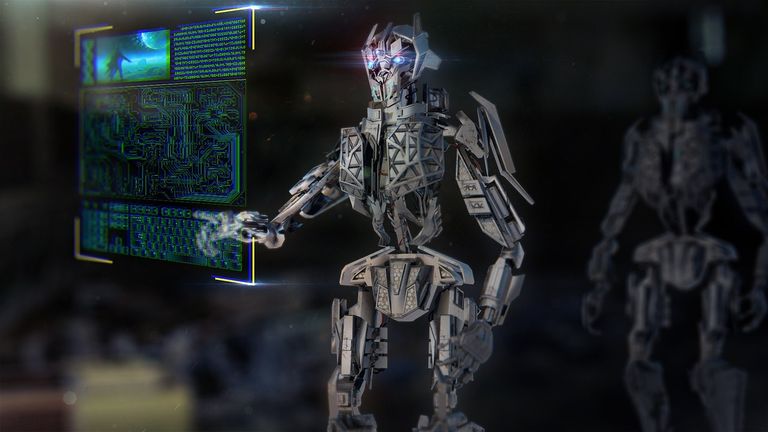
https://www.scientificamerican.com/article/oppenheimer-offers-us-a-fresh-warning-of-ais-danger/
Pixabay
I have written extensively about the positives artificial intelligence (AI) will bring to work and society, and I have also highlighted some negative aspects as well.
AI has the potential to supercharge our work processes, increase or efficiency and streamline the way we do things. AI is a powerful tool, and like any powerful tool there is risk in its use. It is wise to heed the warning of experts on the technologies that emerge suddenly, such as nuclear weapons and technology and AI systems.
In an illuminating article, the Scientific American highlighted that Oppenheimer who helped make the world’s first nuclear weapons was vocal about the danger involved with the technology’s usage. In a similar way, Joseph Weizenbaum warned about the danger of AI and computer technology that appear human. New technologies that can prompt wide change and expose humans to danger despite their utility must be regulated and controlled.
AI can create weapons, commit fraud, and do many other operations that can cause harm to humans. AI is extremely capable in replacing certain jobs and even removing entire industries that employ people. It’s no secret that AI, like nuclear technology can be very dangerous. The EU and the United States have introduced bills and legislation to stop AI from operating without restraint and in dangerous fashion. Technological and administrative controls are needed to ensure AI’s damage to society is minimized, like any industry and technology from automobiles to chemicals in use.
In much the same way that Oppenheimer warned about the dangers of nuclear weapons, Joseph Weizenbaum who helped create AI chatbots has warned of their misuse. Weizenbaum made an early chatbot program called “Eliza” that mimicked human behavior in a way that OpenAI’s ChatGPT does today. Although Eliza and ChatGPT use different technology, there is danger in the way humans attribute human characteristics to both technologies and anthropomorphize them, which makes them more dangerous. The technologies have been falsely assumed to be humans responding to queries on many occasions, and the ability for the AI to use this for nefarious purposes is a real threat. An AI program designed to commit fraud could do so, and this is dangerous.
ChatGPT and Google’s Bard use large language model protocols to anticipate responses and create viable outputs. These tools can be used to mislead users, create propaganda and systems and products that could cause harm. AI video including deep fake video programs can create misinformation and misdirection that can cause harm to entire governments and economies. AI weaponization is therefore analogous to nuclear weapons systems, and Weizenbaum is similar with Oppenheimer who warned of the hazards of such powerful new technology.
It is wise to be aware of the dangers and advantages that AI imposes on the world. Oppenheimer’s nuclear technologies have benefitted the world, but they have also brought existential danger to the globe. AI technologies must be monitored and regulated effectively, and it is wise to heed Weizenbaum’s warning.